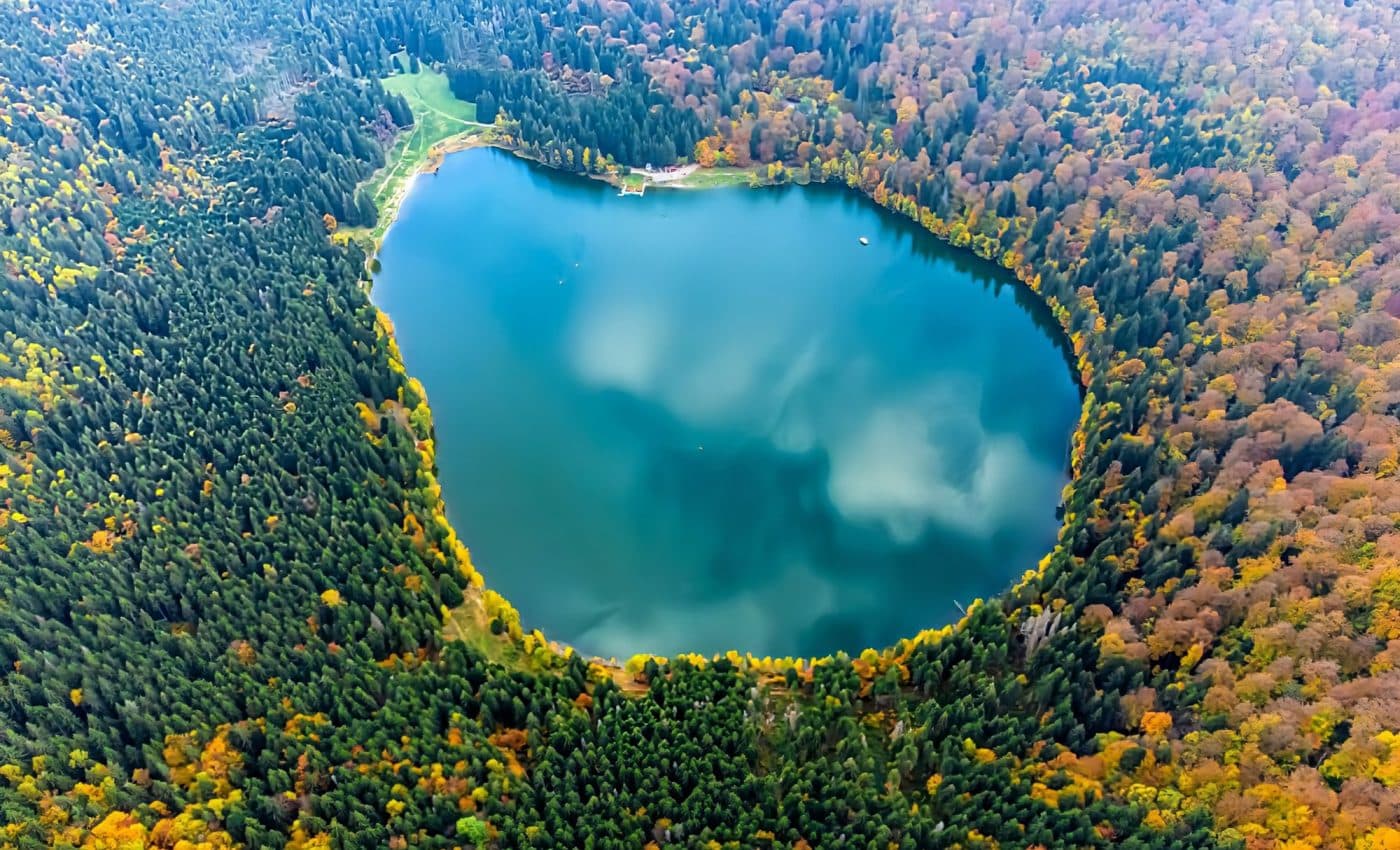As you enjoy a peaceful picnic by a lake, it’s alarming to know that these calm waters are in serious danger. Lakes all over the world are getting warmer at an unprecedented rate. A recent study meticulously outlines the scientific details behind this concern. This research is a collaborative effort by limnologists and climate modelers from various backgrounds.

The lead scientist, Dr. Lei Huang, gained postdoctoral research experience at the IBS Center for Climate Physics in Busan, South Korea, and now works at Capital Normal University in Beijing, China. The findings of the team are indeed sobering. If the current rate of human-caused warming continues until 2100, the surface and subsurface waters of our cherished lakes will heat up at a rate never seen before.
Imagine a future where the conditions that supported rich biodiversity and vital ecological services in lakes could vanish. The team made this prediction using an advanced climate computer model called the Community Earth System Model (version 2), covering the period from 1850-2100 CE.
This model is innovative because it integrates the dynamics of lake systems with the atmosphere seamlessly. Ever wondered how scientists predict future climate? Instead of running the computer model into the future only once, the scientists used an ensemble of 100 past-to-future simulations.
While surface warming affects creatures in the shallower parts, some organisms can move to cooler depths. Therefore, it’s not just the surface, but also how the warming seeps into the subsurface layers that need significant attention. Dr. Iestyn Woolway, a NERC Independent Research Fellow at Bangor University, UK, and a corresponding author of the study, emphasizes this crucial aspect.
According to Dr. Woolway, the subsurface layers of tropical lakes, which house rich biodiversity, will be the first to face these unprecedented conditions when global warming reaches about 2.4°C (36.32°F) above pre-industrial levels.
“Our study reveals synchronous emergence of no-analog conditions in tropical lake subsurface layers, driven by rapid downward transmission of warming signals during frequent lake mixing events,” said Dr. Woolway. “In contrast, high-latitude lakes partly shield subsurface layers from surface warming through stratification, delaying or sometimes even preventing no-analog climates at depths.”



